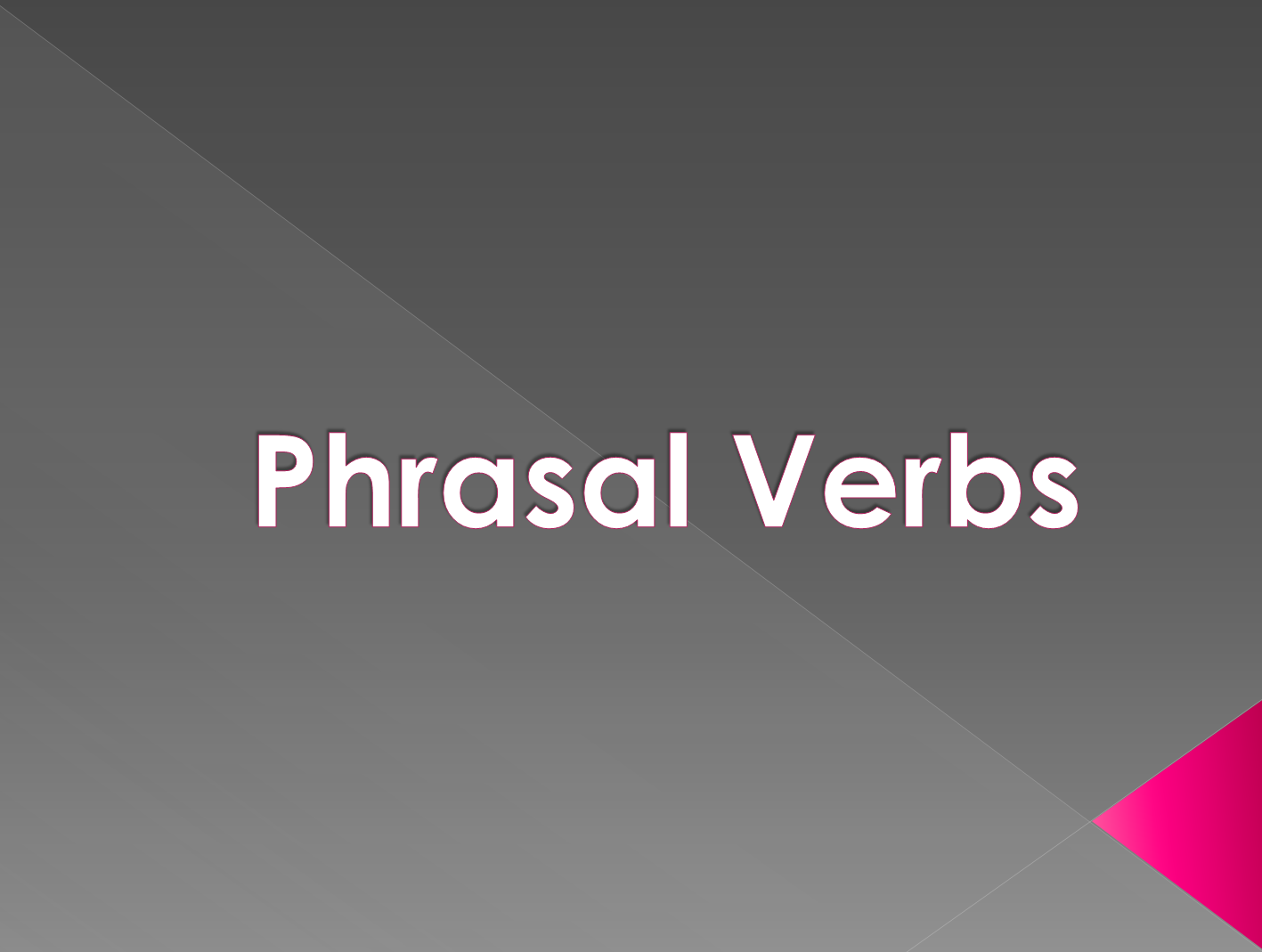
The TOEIC (Test of English for International Communication) is an English language proficiency test designed to assess the English language skills of non-native speakers in a business or professional context. The test is widely used by organizations around the world to evaluate the English language skills of job candidates, employees, and students.
The TOEIC test consists of two parts: the TOEIC Listening and Reading Test and the TOEIC Speaking and Writing Test. The TOEIC Listening and Reading Test is a paper-and-pencil test that consists of multiple-choice questions, while the TOEIC Speaking and Writing Test is a computer-based test that consists of spoken and written responses to prompts.
The test is designed to measure a wide range of English language skills, including listening comprehension, reading comprehension, speaking ability, and writing ability. Overall, the TOEIC is a widely recognized and respected English language proficiency test that is used by organizations around the world to evaluate the English language skills of non-native speakers.
Q&A Topic: Mistaken Identity
Mistaken identity refers to a situation in which someone is believed to be someone else due to a similarity in appearance, name, or other identifying characteristics. This can occur in various settings, such as in a social setting where someone is mistakenly thought to be a celebrity or in a legal setting where someone is falsely accused of a crime committed by someone else who shares their name or physical features.
Mistaken identity can cause confusion, embarrassment, or even harm to the individual who is wrongly identified. It is important to verify someone’s identity before making assumptions or taking action based on their perceived identity.
Here are some questions that can help you to clear the TOEIC exam:
Q1 Interviewer: Perhaps you could start by telling us why you’ve ________.
(a) obtained for this job
(c) intended for this job
(b) applied for this job
(d) asked for this job
Answer: (b) applied for this job
Q2 Candidate: I think the main reason is because I like working in ________.
(a) the free air
(b) the clear air (
(c) the pure air
(d) the open air
Answer: (d) the open air
Q3 Interviewer: You mean you like the idea of an office with________.
(a) air control
(b) air managment
(c) air conditioning
(d) air condition
Answer: (c) air conditioning
Q4 Candidate: I’m sorry I don’t understand what you’re________.
(a) in about
(b) on about
(c) for about
(d) off about
Answer: (b) on about
Q5 Interviewer: I should have thought this was________.
(a) clear obvious
(b) mostly obvious
(c) pretty obvious
(d) mainly obvious
Answer: (c) pretty obvious
Q6 Candidate: Not to me, ________.
(a) it isn’t
(b) it can’t be
(c) it won’t be
(d) it will be
Answer: (a) it isn’t
Q7 Interviewer: I think there must be a mistake, I________.
(a) put it you’re Mr Johnson
(c) place it you’re Mr Johnson
(b) take it you’re Mr Johnson
(d) try it you’re Mr Johnson
Answer: (b) take it you’re Mr Johnson
Q8 Candidate: I’m Mr Jensen. I’m afraid it’s a case of________.
(a) mistaken personality
(c) mistaken person
(b) mistaken character
(d) mistaken identity
Answer: (d) mistaken identity
Q9 Interviewer: So you’re not after the job of guardian, ________.
(a) I presume
(b) I pretend
(c) I prefer
(d) I preview
Answer: (a) I presume
Q10 Candidate: No, sorry as I said I like working outside, I want to be a gardener, ________.
(a) if you don’t care
(b) if you don’t agree
(c) if you don’t mind
(d) if you don’t see
Answer: (c) if you don’t mind
You may also like:- Idioms and Other Expressions Used For Talking About ‘Work’
- What Are Weasel Words?
- Money and Finance – Test Your Knowledge
- Phrasal Verbs, Idioms and Other Expressions Using ‘CUT’
- How to Say Time in English
- Idioms and Other Expressions Used For Talking About Money
- Shopping and Consumerism – Match the Correct Name
- Phrasal Verbs – Choose the Correct Verb
- Currency Markets – Choose The Best Words
- Personal Qualities – Use the Best Nouns and Adjectives








